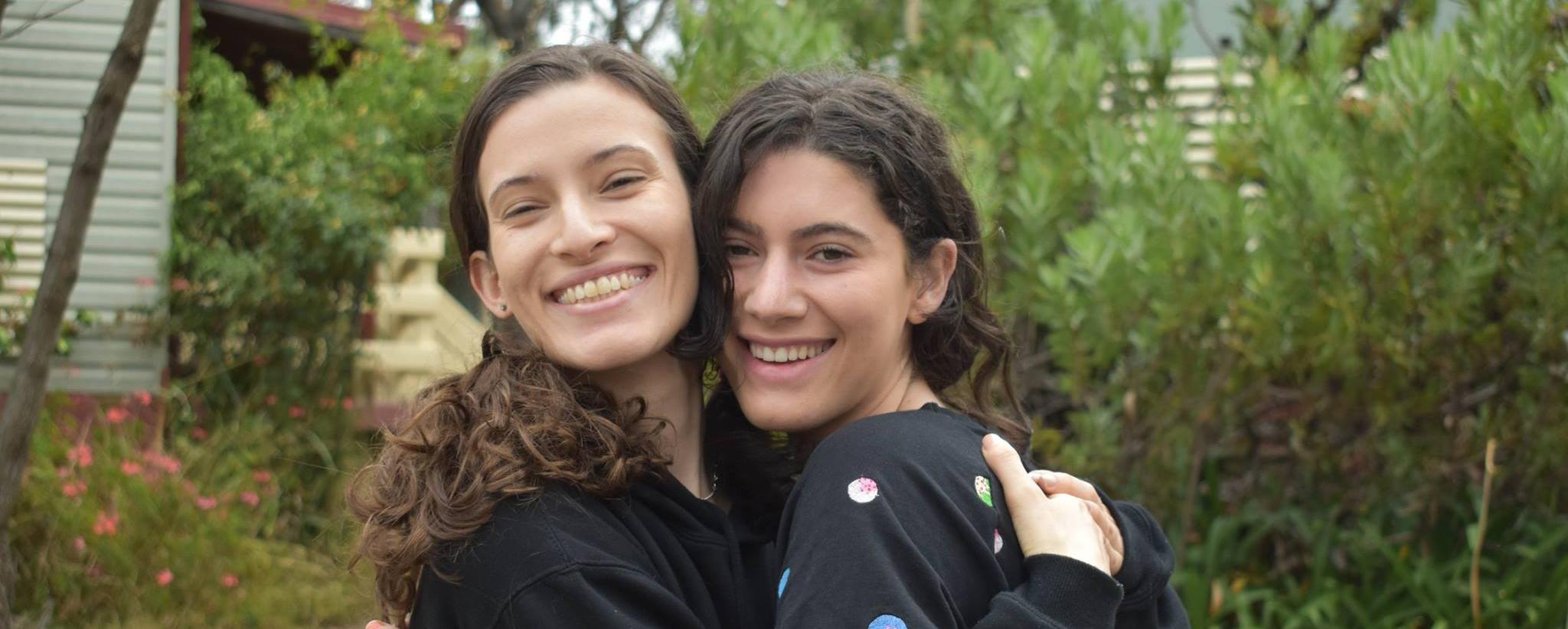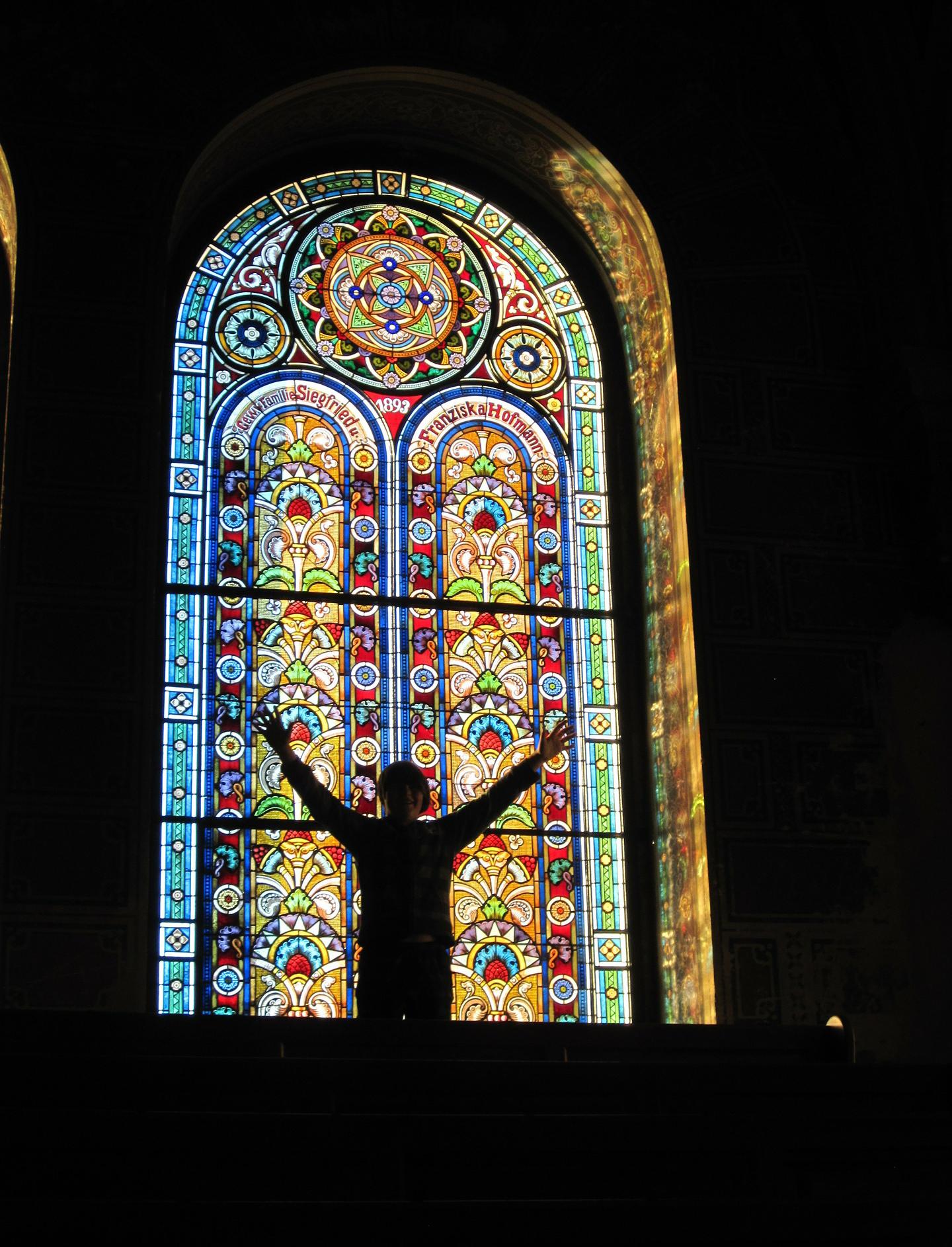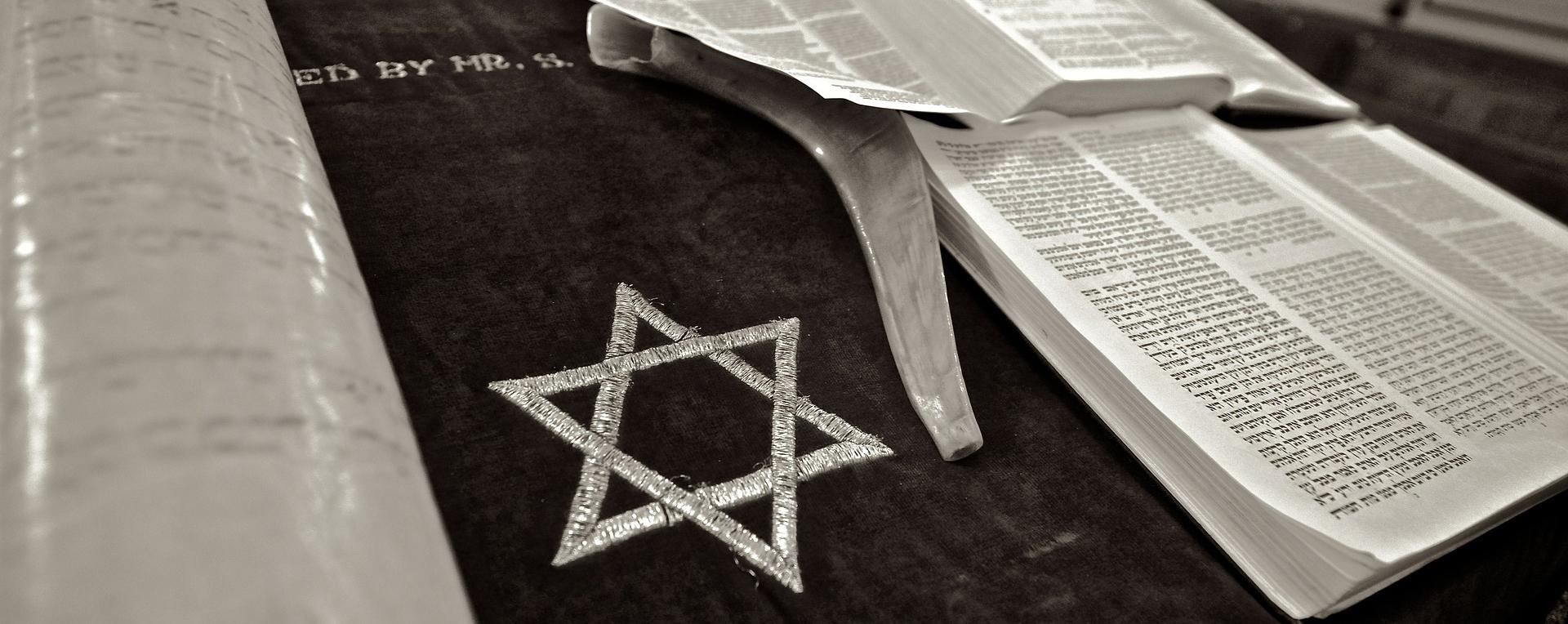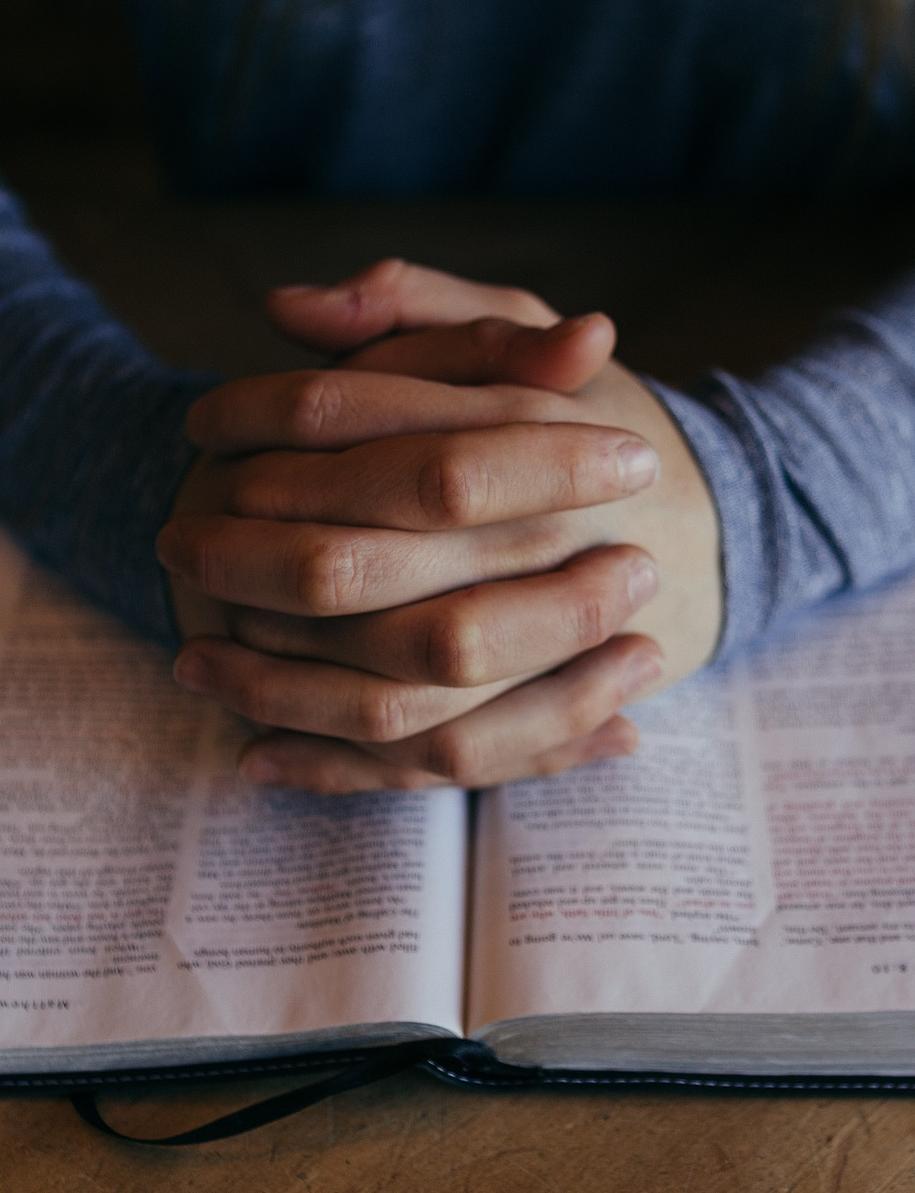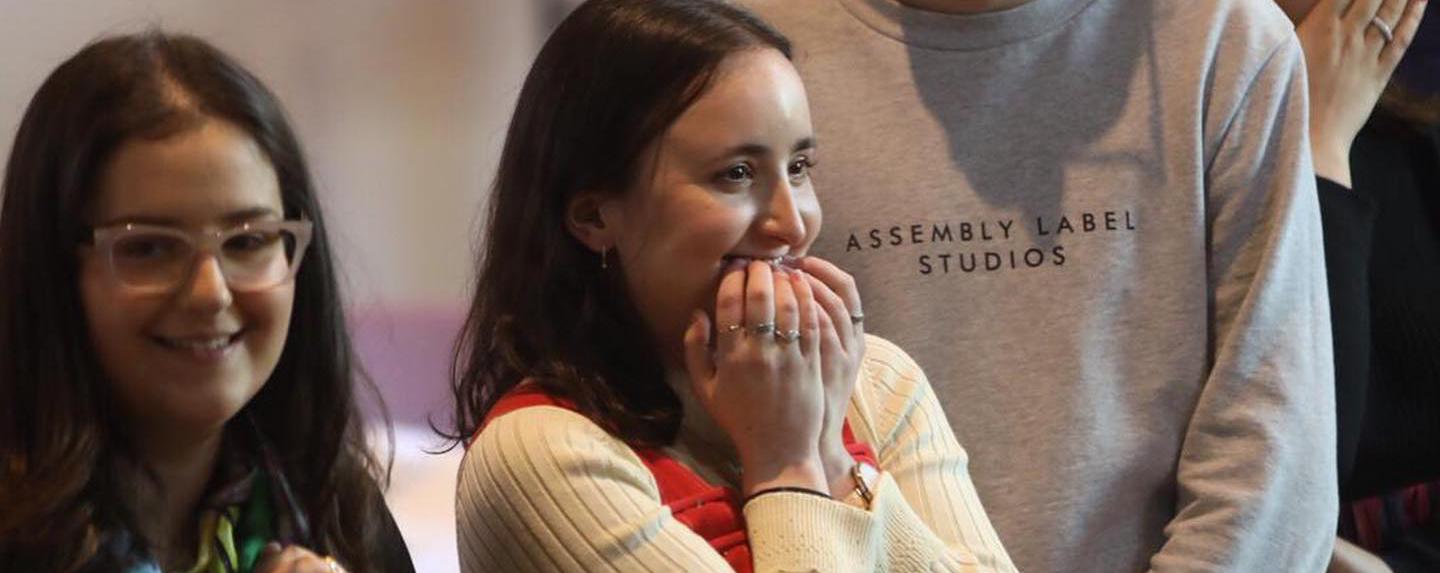
4 minute read
First the Pain, Then the Rising
Keren Lax
When we look at the idea of the “Imperfect Jew”, perhaps it’s not the label we need to question and try and understand, but rather the journey. What is the path of the “imperfect Jew”, perhaps the road is not meant to be easy but full of struggles, full of complicated decisions? Perhaps, it is the quest from imperfection to the yearning of perfection, that ultimately makes life meaningful.
Advertisement
So, the title of the idea that I’m sharing is “First the pain, then the rising” and whilst I wish that I could take credit for this title, it is actually the name of a podcast I listened to by Glennon Doyle, as part of one of Oprah’s series. Glennon takes us on what she calls the “journey of the warrior,” explaining there is no easy way out when it comes to life’s challenges. “The willingness to dwell in our discomfort and truly listen is how we turn our pain into power.” So I’m listening to this podcast on my way to uni and whilst I have heard the idea, and I think we have all heard this at least once in our lives, that life’s challenges are what allow us to grow, it was in this 20 minute car ride that I was flooded with examples of this not just from my own life and from the experiences of those close to me, but from the Torah, from the Jewish story.
If we start at very beginning, with Avraham, we can see immediately the pain, the hardship, the tests he was faced with, from being the odd one out, leaving his family to go to a foreign country, being asked to sacrifice his only son… but ultimately from these challenges he became Avraham Avinu. And what about Yosef, he was thrown into a pit and sold by his brothers, tossed into jail, forgotten about… and 13 years after being left alone in jail, he rose to being Pharoah’s right hand man, to saving the Jewish people. Fast forward to 71 years ago... our people had experienced the absolute horrors of the Shoah, the ultimate tragedy, and not to say that one links with the other, but to look at what happened next, from rising from lowest point to celebrating the Independence of the Jewish State.
There’s a theory in education known as the Zone of Proximal Development. This theory, and if there are any teachers out there please correct me if I’m wrong, explains that students are best able to learn when they are given tasks that are push them slightly out of their comfort zone. There’s a great analogy used to explain this, that when a child is learning to walk, at first they are completely reliant on their parents and they hold tightly onto their parents hands and slowly, slowly as they become more confident, they are able to just hold onto one hand, a few fingers, just the little baby finger, and then they reach a point where they are able to walk completely on their own. Within the Zone of Proximal Development, in this area of difficulty and challenge, through the constant support, the child is able to grow.
The Rebbe asks a question, of how can Hashem expect the Jewish people to connect to Him, to see Him, if they are weakened by all the darkness around them?! He then goes to answer this question by explaining that it is not enough to know that Hashem is there, and to believe that He is in control of this world, but we need to see Him in this world and in all that we do... even in the darkest of times. When a person hears or smells something, they can be convinced that it is something else, but when you see something and notice the details you become pretty certain that this thing exists... so maybe seeing is believing. We need to SEE G-dliness in our world, even in today's world where the light is often covered by so much darkness. And even more than seeing this light and G-dliness in the outside world, we must recognise it within ourselves, we need to recognize it in our pain, in our challenges, and know that beneath this darkness, is light.
As we enter the month of Elul, the month in which we are told that HaShem is so close to us, we are overwhelmed with the concept of Teshuva. Rav Kook in Orot HaTeshuva explains how Teshuva encompasses within in it this overwhelming sense of returning to the correct path, of rebuilding ourselves, of feeling our pain, feeling our anguish, and taking the hard and challenging steps to find our way out of the darkness and rediscover the light that is within us. Perhaps, within the journey of teshuva, and the journey of life itself, it is not necessarily about the final destination, but the journey itself that truly matters, and not just matters, but where the opportunity for growth and connection really lies.
As we near the Yamim Noraim, may we not just be conscious of the journeys of those around us, but identify when we are facing some sort of challenge. We often only remember this idea once we are happy, once we have found some light, but I think what the Torah is trying to teach us, is a key lesson in our lives, that when we are facing a challenge, a difficultly, we are in a time of darkness, it is not for us to give up, to give in, but to remember “First the pain, then the rising”.

